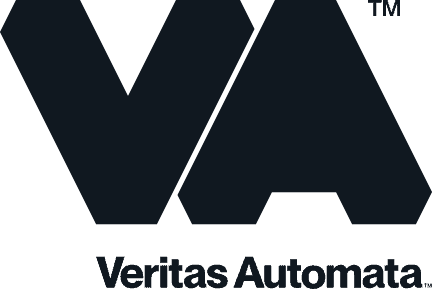Whether you’re just starting out or looking to enhance your current practices, this thought leadership is designed to empower you with the knowledge of integrating Nx Monorepo, Docker, and Kubernetes.
What are the Key Benefits of Nx Monorepo? In a nutshell, Nx helps to: speed up your computation (e.g. builds, tests), locally and on CI, and to integrate and automate your tooling via its plugins.
Shared Codebase
Unified Tooling
Improved Collaboration
Consistency: Docker containers ensure that your application works the same way in every environment.
Isolation: Each container runs independently, eliminating the “it works on my machine” problem.
Efficiency: Containers are lightweight and use resources more efficiently than traditional virtual machines.
Kubernetes: Orchestrating Containers. Interested in understanding Veritas Automata’s differentiator? Read more here. (Hint: We create Kubernetes clusters at the edge on bare metal!)
Having our applications containerized with Docker, the next step is to manage these containers effectively. This is where Kubernetes comes in – – Kubernetes is an open-source platform for automating the deployment, scaling, and management of containerized applications.
Kubernetes in a Local Development Setting:
Orchestration: Kubernetes helps in efficiently managing and scaling multiple containers.
Load Balancing: It automatically distributes container workloads, ensuring optimal resource utilization.
Self-healing: Kubernetes can restart failed containers, replace them, and even reschedule them when nodes die.
Integrating Nx Monorepo with Docker and Kubernetes
Step 1: Setting Up Nx Monorepo
Initialize a new Nx workspace.
Create and build your application within this workspace.
Step 2: Dockerizing Your Applications
Create Dockerfiles for each application in the monorepo.
Build Docker images for these applications
Step 3: Kubernetes Deployment
Define Kubernetes deployment manifests your applications.
Use Minikube to run Kubernetes locally.
Deploy your applications to the local Kubernetes cluster.
I have the honor of presenting this topic at a CNCF Kubernetes Community Day in Costa Rica. Kubernetes Day Costa Rica 2024, also known as Kubernetes Community Day (KCD) Costa Rica, is a community-driven event focused on Kubernetes and cloud-native technologies. This event brought together enthusiasts, developers, students, and experts to share knowledge, experiences, and best practices related to Kubernetes, its ecosystem, and its evolving technology.
By integrating Nx Monorepo with Docker and Kubernetes, you create a robust and efficient local development environment. This setup not only mirrors production-like conditions but also streamlines the development process, enhancing productivity and reliability. Embrace these tools and watch your workflow transform!
Remember, the key to mastering these tools is practice and experimentation. Don’t be afraid to dive in and try out different configurations and setups. Happy coding!
Want to discuss further? Add me on Linkedin!




